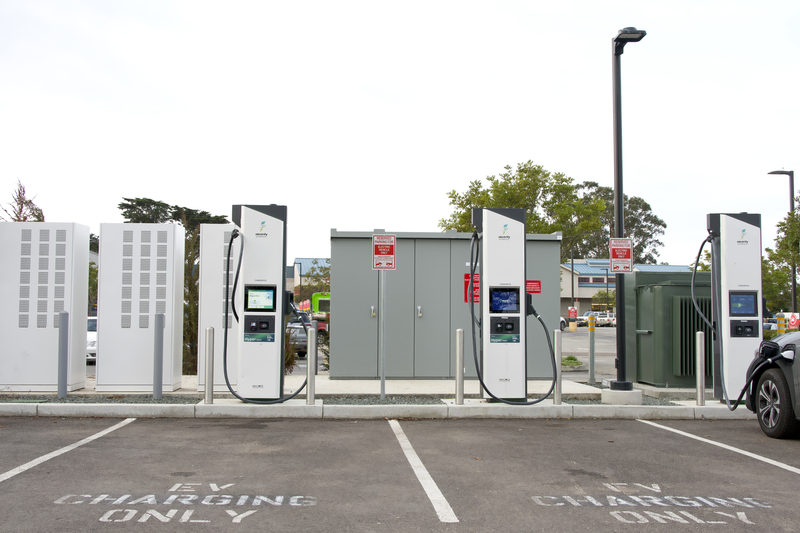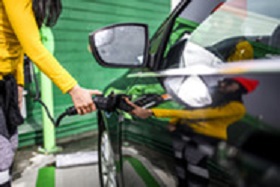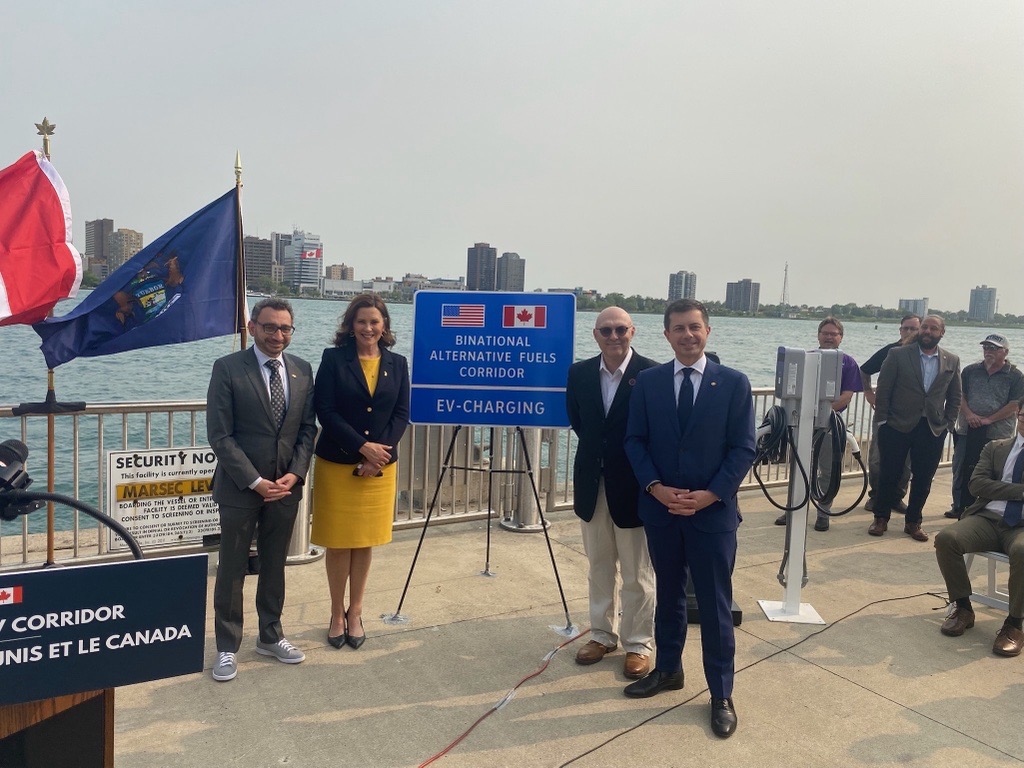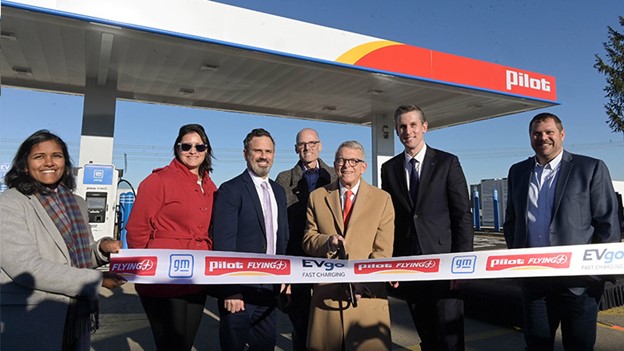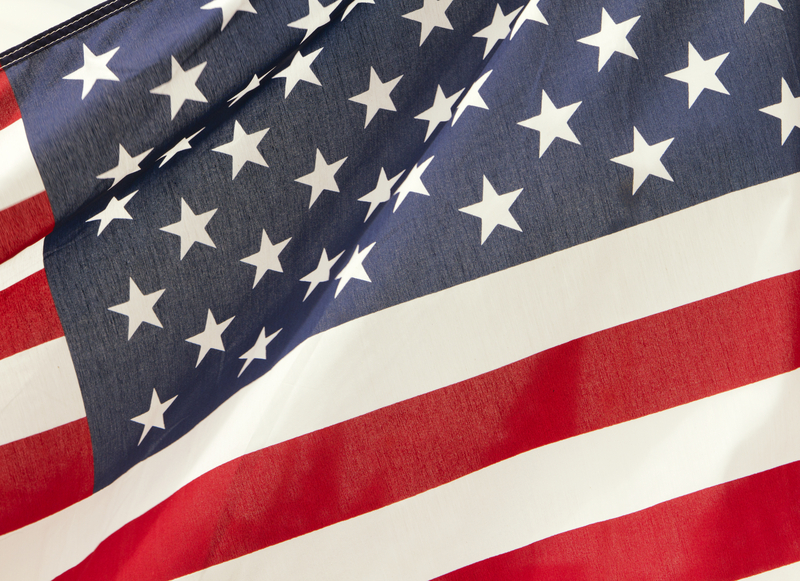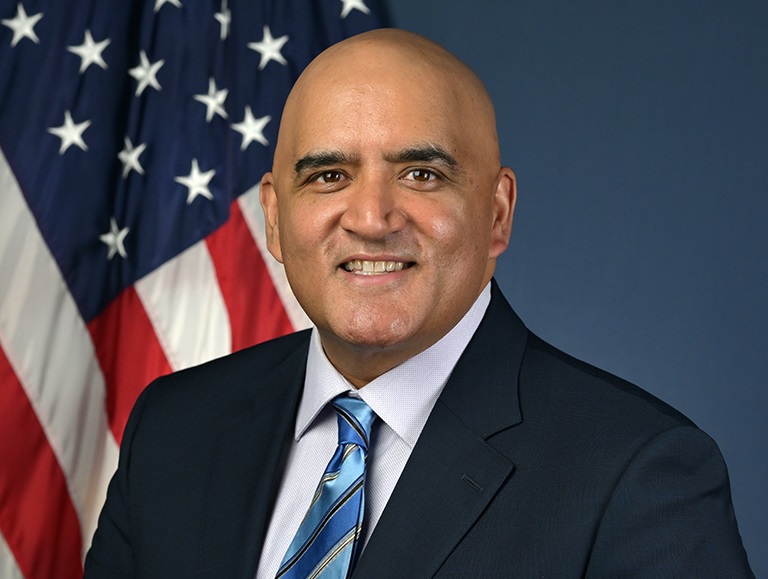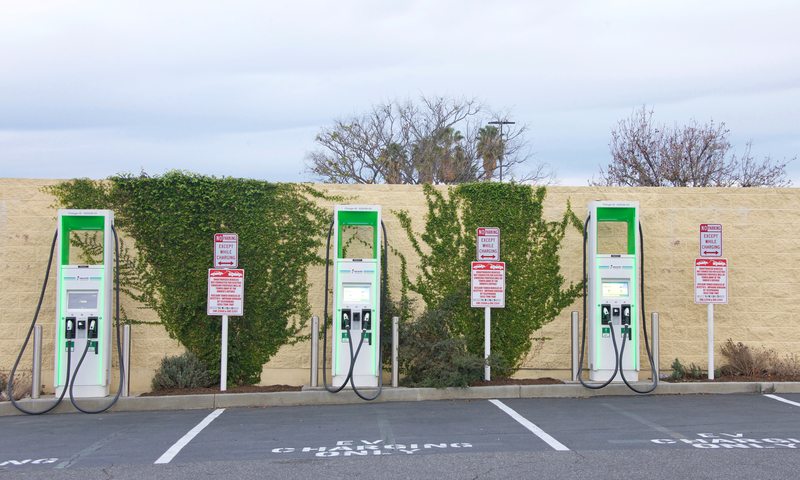
The US government says this new EV infrastructure will increase access and reliability to communities across the country and provides EV charging to light-, medium- and heavy-duty vehicles along designated highways, interstates, and major roadways. The funds are a part of the Biden-Harris Administration’s goals to support the growth of a convenient, affordable, reliable national network of EV chargers so drivers can charge close to home, at work, and along significant corridors throughout the US.
Since the start of the Biden-Harris Administration, the number of publicly available EV chargers has doubled. Now, there are over 192,000 publicly available charging ports with approximately 1,000 new public chargers being added each week.
The administration said that the progress is a testament to the Bipartisan Infrastructure Law and the catalyzing effect it has had on private investments for EV charging infrastructure. It added that, through programs like the Charging and Fueling Infrastructure (CFI) Discretionary Grant Program and the National Electric Vehicle Infrastructure (NEVI) Formula Program, the administration is playing a critical role alongside private industry, to actively expand America’s EV charging network.
"The Biden-Harris Administration has taken action to ensure that America leads the EV revolution, and the historic infrastructure package includes resources to support a nationwide EV charger network so that all drivers have an accessible, reliable, and convenient way to charge their vehicles,” said U.S. Transportation Secretary Pete Buttigieg. “The awards that we’re announcing today will build on this important work and help ensure that the cost savings, health and climate benefits, and jobs of the EV future are secured for Americans across the country.”
U.S. Secretary of Energy Secretary Jennifer Granholm said: “President Biden and Vice President Harris believe in building infrastructure from the bottom up and the middle out. This investment puts public dollars in the hands of states, tribes and communities to build a more accessible national charging network.
"It will deliver good paying local jobs while giving Americans more transportation options no matter their geography or income and allow those looking for a new vehicle to more confidently take advantage of tax credits to purchase new and used EVs.”
The new grants are made possible through the Bipartisan Infrastructure Law’s $2.5-billion Charging and Fueling Infrastructure (CFI) Discretionary Grant Program and a 10% set-aside from the National Electric Vehicle Infrastructure (NEVI) Formula Program. Together, these programs have spurred private investments in growing the nation’s EV charging network and are actively deploying chargers across the country and ensuring more drivers can charge their EVs where they live, work, and shop, while also supporting longer trips. These historic investments are going to accelerate the country’s transition to a clean energy economy while reducing pollution and harmful greenhouse gas emissions.
US$321m of the new investment will be allocated for 41 “community” projects that expand EV charging infrastructure within communities across the country, while US$200m will go towards 10 “corridor” fast-charging projects that build out the national charging and alternative-fueling network along designated Alternative Fuel Corridors.
“As we reach this important milestone in building out the national EV charging network, FHWA remains steadfast in our continued work supporting the deployment of hundreds of thousands of EV chargers over the next several years,” said Federal Highway Administrator Shailen Bhatt. “The EV charging and alternative fueling projects receiving awards today will deliver clean transportation in communities nationwide and put America on a path to lead the world in zero-emission transportation technology while creating good-paying jobs and reducing our carbon footprint.”



